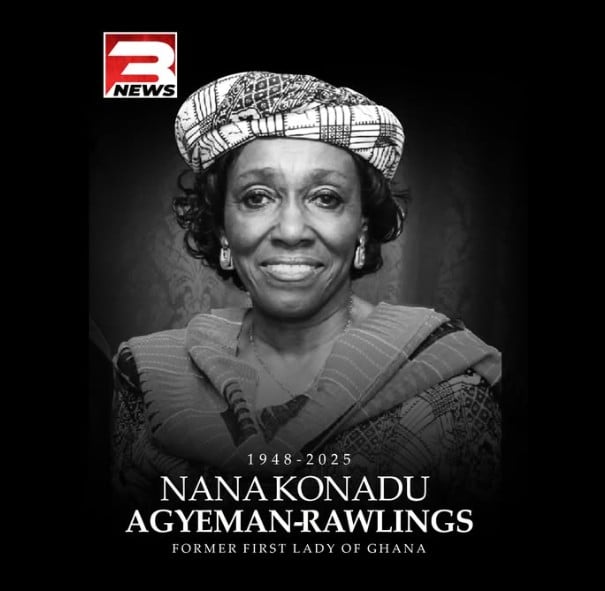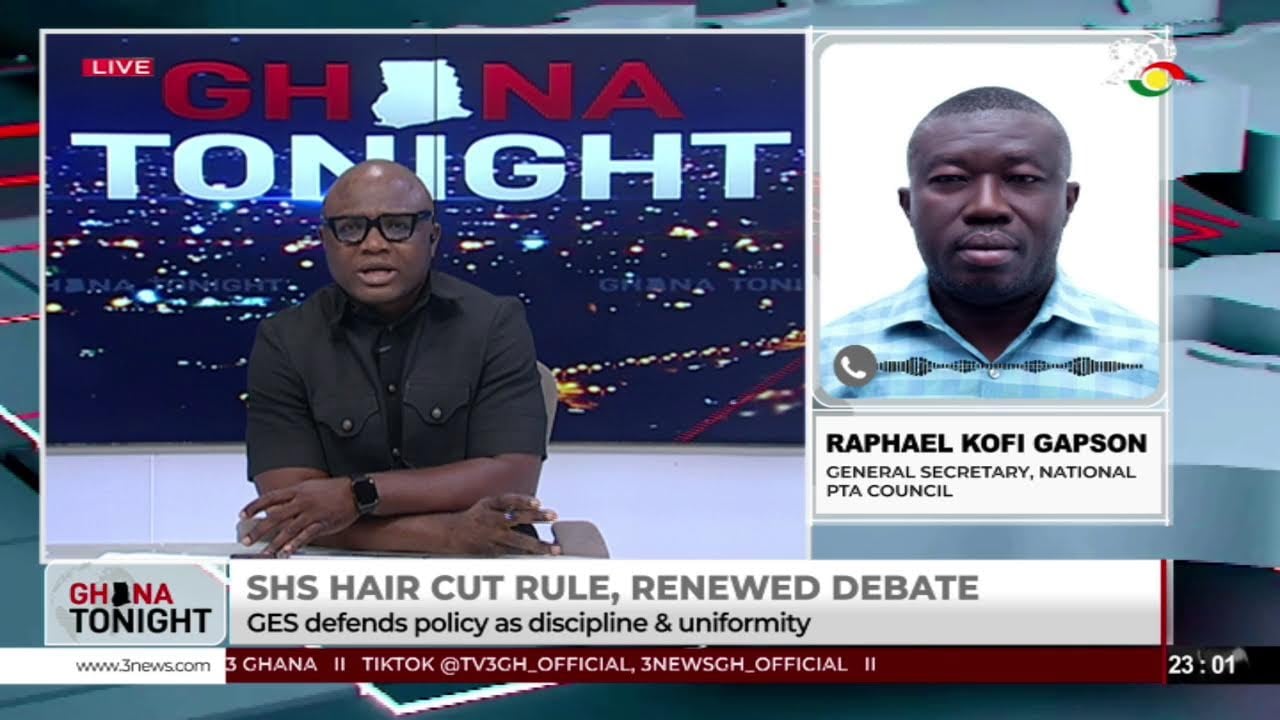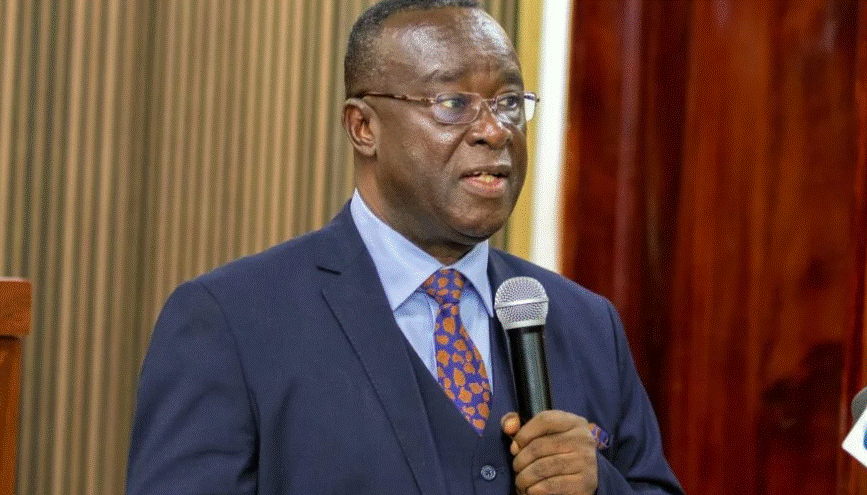
– Followers crave honesty more than polish
Let’s face it: in today’s Africa, everyone is performing. From the politician livestreaming his charity visit (with a camera crew larger than the crowd) to the entrepreneur whose “office” is a café corner with perfect lighting — we are living in the era of optics.
But here’s the secret sauce of lasting influence: trust. And trust doesn’t come from polish; it comes from being real.
We’ve all been fooled before — the glossy Instagram life, the smooth-talking “consultant,” the pitch deck that promises to end poverty and make a profit by Tuesday. But after the filters fade and the buzzwords deflate, what remains is authenticity. People are drawn not to those who look perfect, but to those who sound truthful.
The problem with looking too good
Perfection, ironically, is suspicious. When everything about you screams “curated,” audiences start to wonder: what’s behind the curtain? It’s like meeting someone whose shirt is always crisp, smile always ready, and story always rehearsed — you begin to sense they’re performing a version of themselves.
Across Africa’s growing influencer culture, many brands still chase optics over authenticity. They want the perfect “look” — the sleek logo, the drone shots, the fancy catchphrases — but forget that today’s audiences, especially Gen Z, have PhDs in spotting fake energy. They crave vulnerability, not varnish.
The irony? The moment you drop the act, people lean in. Whether you’re a CEO on LinkedIn or an MC at a corporate gala, showing that you’re human — that you fumble, laugh at yourself, and occasionally sweat under pressure — builds a bond that no designer suit can buy.
The African advantage
Now, here’s where it gets interesting: African audiences are some of the most emotionally intelligent in the world. We grew up reading tone — the sigh before a parent’s “come here,” the long pause in a boss’s “it’s fine,” the silence that says you’re in trouble. We know when someone is faking it.
This cultural radar means authenticity travels faster here than any algorithm. An entrepreneur who says, “We’re still figuring it out” will earn more respect than one who insists, “We’re dominating the market” — when everyone can see the office door is still being painted. Ghanaians, Kenyans, South Africans — across the continent, people respect effort, progress, and honesty far more than polished pretense.
Authenticity as a strategy
Being authentic is not the same as being careless. It’s not about “keeping it real” by oversharing or ignoring professionalism. It’s about consistency — your values, tone, and behavior lining up across time and context.
Here’s how professionals build that trust:
- Admit what you don’t know. Saying “I’ll find out” is not a weakness — it’s a credibility booster.
- Show your process. Share the behind-the-scenes story, not just the success shot. People respect the journey, not the highlight reel.
- Speak like a person, not a press release. Drop the jargon. If your grandmother can’t understand your elevator pitch, it’s not impressive — it’s unclear.
- Keep your promises small but solid. Audiences forgive mistakes, but not broken trust. Under-promise, over-deliver, and stay consistent.
When authenticity meets influence
True influence is quiet at first. It builds in boardrooms, classrooms, and DMs — one honest conversation at a time. It’s not about shouting to be seen; it’s about being steady enough to be remembered.
The MC who jokes when the microphone fails, the startup founder who admits a pivot, the politician who says, “We got it wrong this time” — these are the voices people rally around.
Because when the world feels full of noise, authenticity sounds like music.
In business and leadership, polish attracts — but truth keeps. And as every seasoned communicator eventually learns, the most magnetic thing you can be is yourself — just the best-edited version.
So, by all means, keep your brand clean. Just don’t bleach out your humanity.
Because followers might double-tap your optics —
…but they’ll stand by your authenticity.
Key Takeaways
- Authenticity builds long-term trust, aesthetics only create short-term attention.
- African audiences have a strong “authenticity radar” — they value effort over ego.
- Consistency, clarity, and humility are stronger credibility builders than perfection.
- Influence grows quietly — through honesty, not hype.
>>> Need training? Email [email protected]
The post On Cue with Kafui Dey: The trust factor: why authenticity beats optics every time appeared first on The Business & Financial Times.
Read Full Story















Facebook
Twitter
Pinterest
Instagram
Google+
YouTube
LinkedIn
RSS